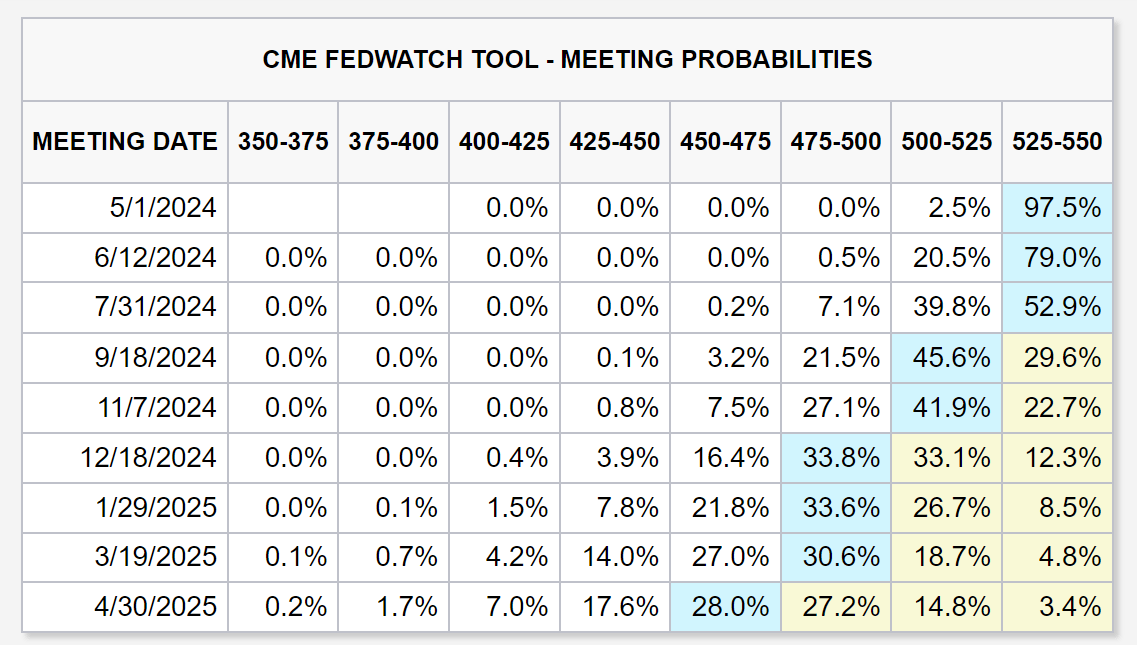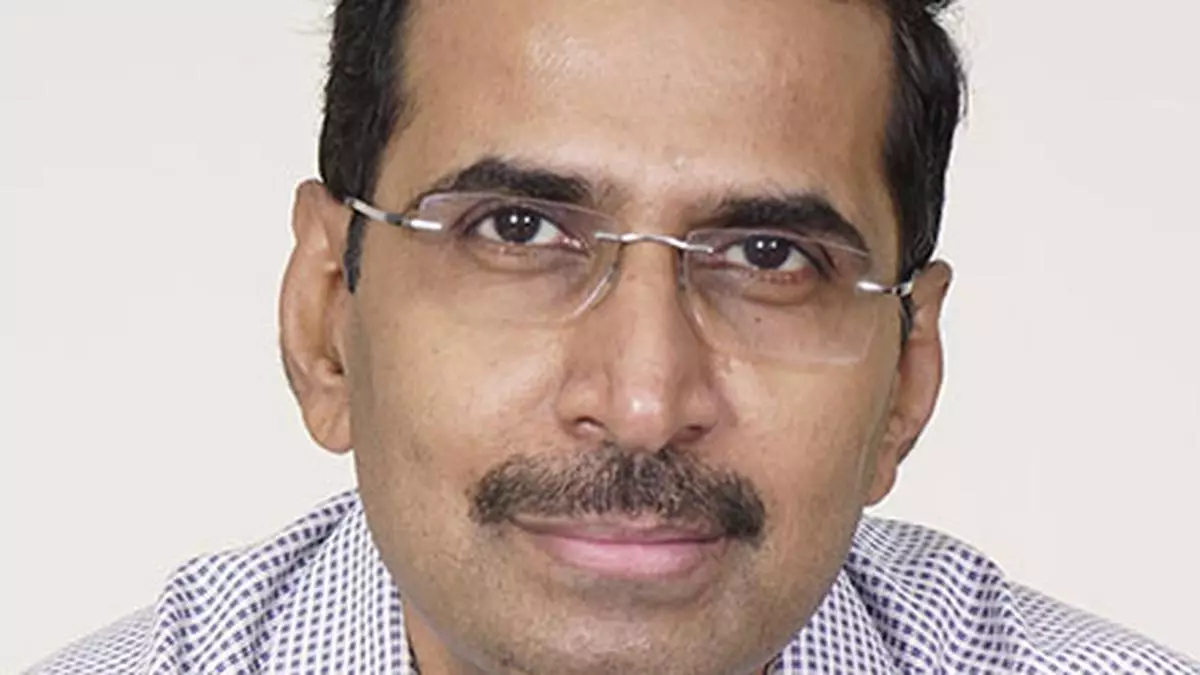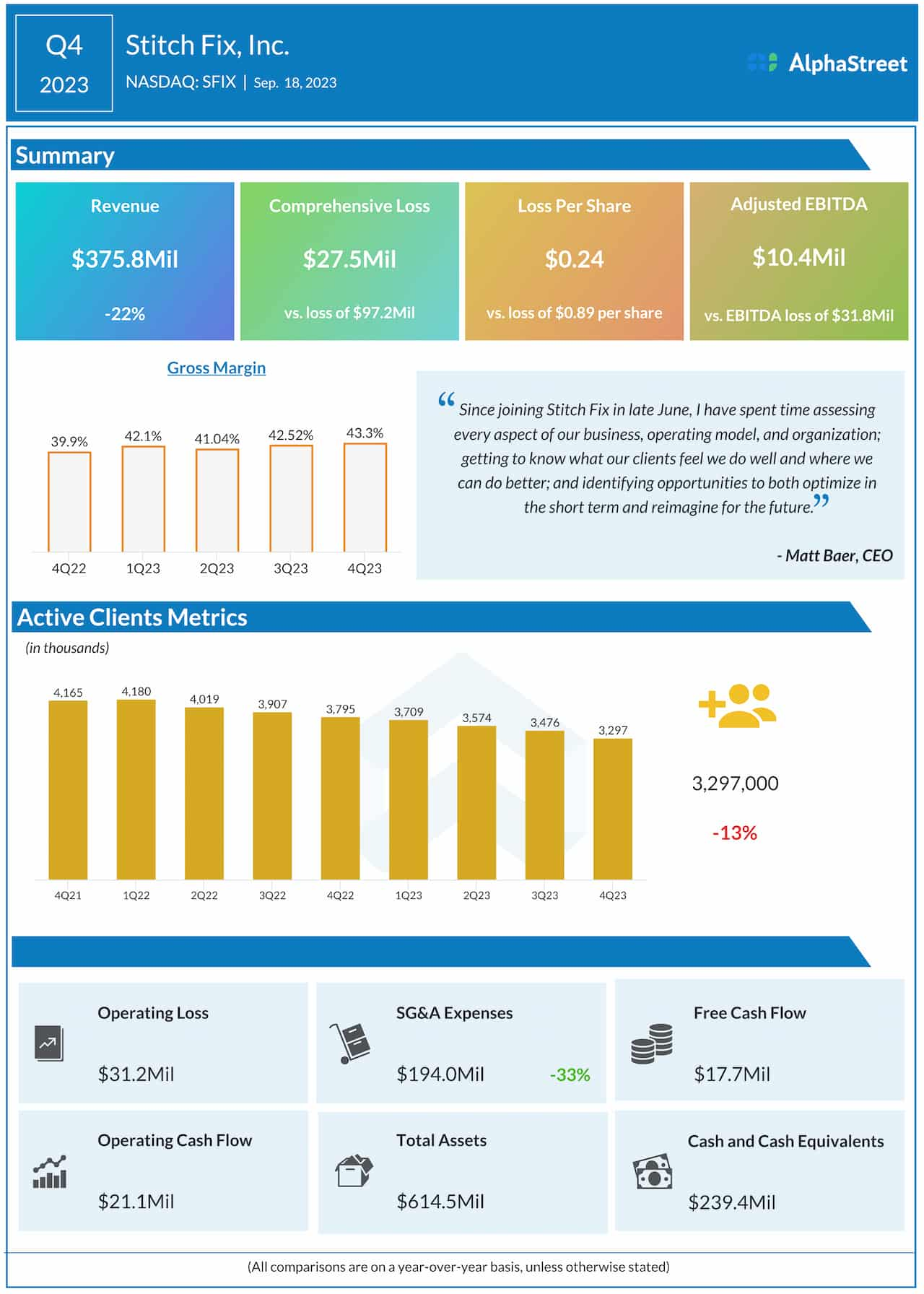India’s 44-day-long election cycle for electing a new national government kicks off in three days. What is the basic nature of the political contest in 2024?

The BJP wants to treat the 2024 general elections as its best-ever opportunity to transcend hitherto unconquered territories in India. This is why it has set a target of 370 and 400 for the BJP and the National Democratic Alliance (NDA) in these elections.
The Congress; which is still India’s primary opposition party, is portraying the 2024 contest as a last-ditch effort to prevent India from crossing the proverbial Rubicon of democratic political competition. If the BJP wins these elections, the Congress and its fellow travellers argue, we might not see a democratic contest in the future at all.
A lot of regional parties outside the NDA, whether or not they are allied with the Congress, are happy to use the “BJP is dangerous for Indian democracy” rhetoric, but are actually more interested in protecting their own turf than embracing an all-in-unity tactic to present their best foot forward against the BJP.
Which of these versions is the closest to the truth? The answer, as is often the case with most aspects of Indian democracy, is complicated.
First, let us look at the arithmetic of the elections.
The BJP’s situation, at least in large parts of north India and its bastion of Gujarat, is comparable to the otherwise brilliant class 12 student trying to navigate Delhi University’s infamous cut-off system. It is expected to end up the dominant party by a distance, but that is no guarantee against setbacks on a few seats in these states.
This is exactly what anecdotal reporting from BJP-dominated states is suggesting at the moment. The BJP’s problem in these states is like missing a sought-after economics honours seat (read the 370 tally) because you ended up with 96% instead of 98.4% which is where the cut-off ended.
At the same time, the BJP’s challenge is very different in states where it is fighting as the underdog. It might improve its vote share discernibly, but whether it will convert it into seats is still an open question. This part of the BJP’s challenge is best described by the civil services candidate who has qualified for the preliminary or main examination but is still unable to crack the interview.
The Congress and regional parties
The Congress faces a very different contradiction compared to the BJP. Unless it does very well in Karnataka or makes a strong comeback in Punjab, chances are that it will get more seats from states where it is a junior partner of regional parties than where it is still leading the charge against the BJP.
The only state which might turn out to be an exception to this trend is Kerala, which might make the biggest contribution to the Congress’s tally like in 2019. But this victory, if it comes, will come against the Left, and not the BJP. The former is more an ally than an enemy for the Congress at the national level in the post-2014 political landscape. Another election result of the 2019 kind will further erode the Congress’s credibility as the primary opposition party in the country.
A lot of regional parties are going into the 2024 contest with what can be described as cut your losses in a large fait accompli contest mindset. To elaborate on it, they do not expect the BJP to lose power at the national level, but they are focused on using the Lok Sabha contest to prepare for the state-level fight which will come after the 2024 general elections. This includes the likes of the Trinamool Congress (TMC) or the Rashtriya Janata Dal (RD) in Bihar and even an All India Anna Dravida Munnetra Kazhagam (AIADMK) in Tamil Nadu.
The TMC has not allied with the Congress or the Left to preserve its local dominance and salience as the main challenger to the national hegemon BJP in the state. The RJD has refused to accommodate candidates who could have had higher winnability than the existing lot but posed a potential competition to RJD’s leadership’s popularity in the state. The AIADMK has severed its links with the BJP to avoid being seen as disloyal to the Dravidian cause.
Is there something beyond this basic arithmetic which is likely to hold when the results are declared on June 4?
At least three points can be made vis-à-vis this question.
One, the BJP is still likely to fall significantly short of the 50% vote share threshold in the 2024 elections. The CSDS-Lokniti pre-poll survey, for example, has given the BJP a 40% all-India vote share. This means that the BJP’s parliamentary dominance will most likely, still be disproportionately larger than its overall popularity. It is on this metric that the BJP enjoys a significant premium compared to the Congress when the latter used to be the dominant political party in the pre-1990 era. This also means that the BJP is still more vulnerable to a consolidation of opposition votes at least in principle. From another perspective, it also shows that there is a limit to the electoral translation of BJP’s ideological hegemony.
The second follows from the first. Why is this theoretical consolidation not happening in practice against the BJP? It is here that the BJP is enjoying the best of both worlds. Modi’s presidential-style contest popularity ends up giving a huge advantage to the BJP in states which play a decisive role in India’s parliamentary-style legislative contest. In many north Indian states, the BJP has a vote share which is higher than the 50% threshold significantly which makes it immune to any consolidation of opposition votes.
To be able to break this dominance in north Indian states, the opposition will have to cultivate broader categories against the BJP than things like individual caste groups. Unless this happens, the BJP’s losses will be extremely localised and insignificant in the larger scheme of things.
The Congress has tried to meet this challenge by raising the caste census and increasing the OBC reservations pitch, but the momentum, so far, seems to be underwhelming. Unless the opposition manages to crack this puzzle, the geographical rupture in India’s political economy will continue to widen.
The third is a question which a lot of people might find counter-intuitive. If more than half of India’s voters are not likely to vote for the BJP and if the BJP is indeed throttling democracy in the country, as the opposition’s leadership has been arguing, then why are we not seeing an extra-parliamentary manifestation of this political polarisation as was seen in countries like Brazil or even the United States?
India has seen such extra-parliamentary politics when the first party system of Congress dominance was crumbling in the 1960s and in the late 1980s when the BJP first broke political ground as a national political force.
There is only one possible explanation for this question. Is the BJP’s dominance only generating unease among the political elite outside the BJP’s fold rather than the people at large? To be sure, making this argument is not a denial of the fact that sections of the electorate such as minorities might be feeling extremely uneasy with the BJP’s dominance. However, these groups are too small to mount a popular resistance which will threaten the BJP’s political fortunes.
If this is indeed the case, and this author believes it is, then a large majority of the electorate might see the 2024 contest as one of the most inconsequential rather than a watershed moment in India’s democratic journey.
What will it take to change this situation? The opposition’s leadership will have to completely rethink their connection (or lack of it) with the masses and make them active stakeholders in their politics. This requires a vision which looks beyond elections and tries to create a larger movement. But such movements, when they happen, also throw up a new set of leaders who would want to replace the existing leadership of the opposition.
A lot of Modi’s and BJP’s political insurance in 2024 and beyond comes from the reluctance of the opposition to initiate this process of creative destruction within the ranks of the opposition leadership. Unless this process starts in earnest, the political unease in the ranks of the opposition will not have grassroots traction. A very big reason for the BJP’s current dominance is that it had its process of creative destruction in the 2014 elections when a new set of leadership replaced the Vajpayee-Advani cohort of the BJP’s leadership.
Roshan Kishore, HT’s Data and Political Economy Editor, writes a weekly column on the state of the country’s economy and its political fallout, and vice-versa















